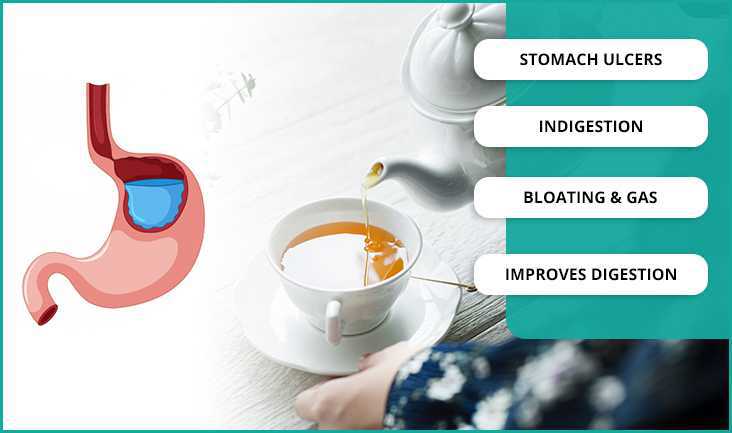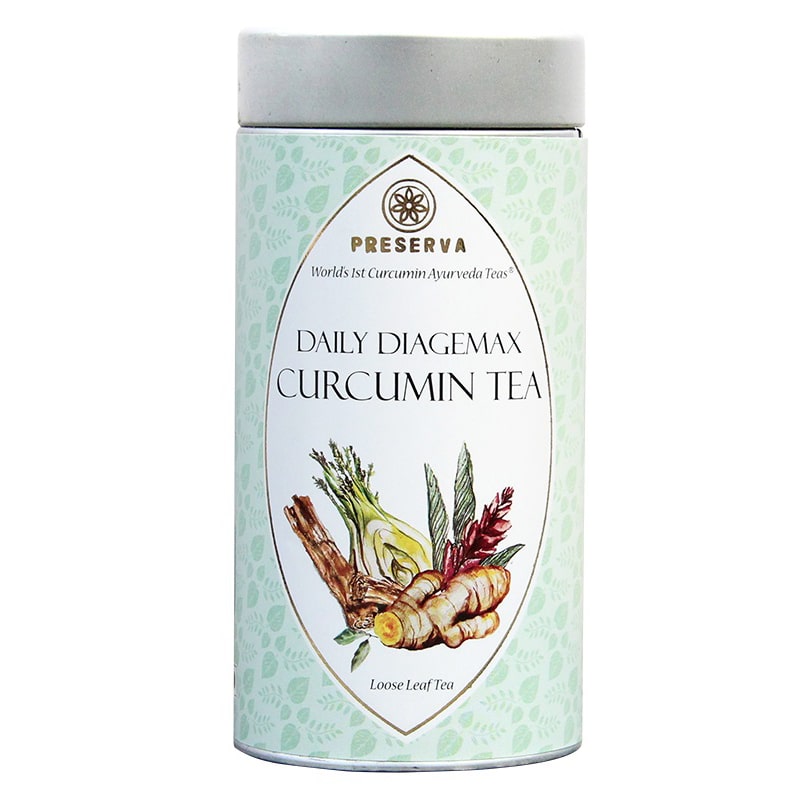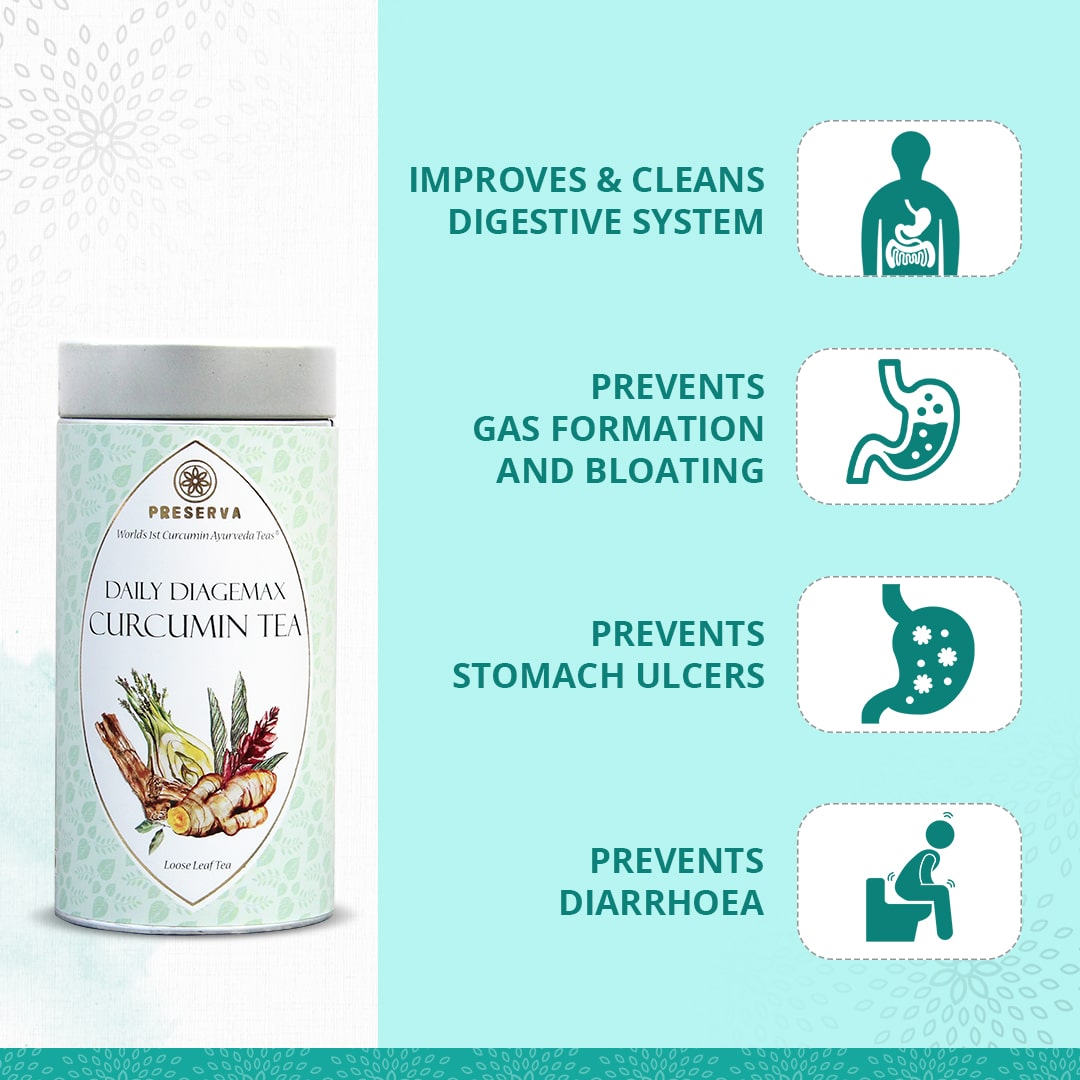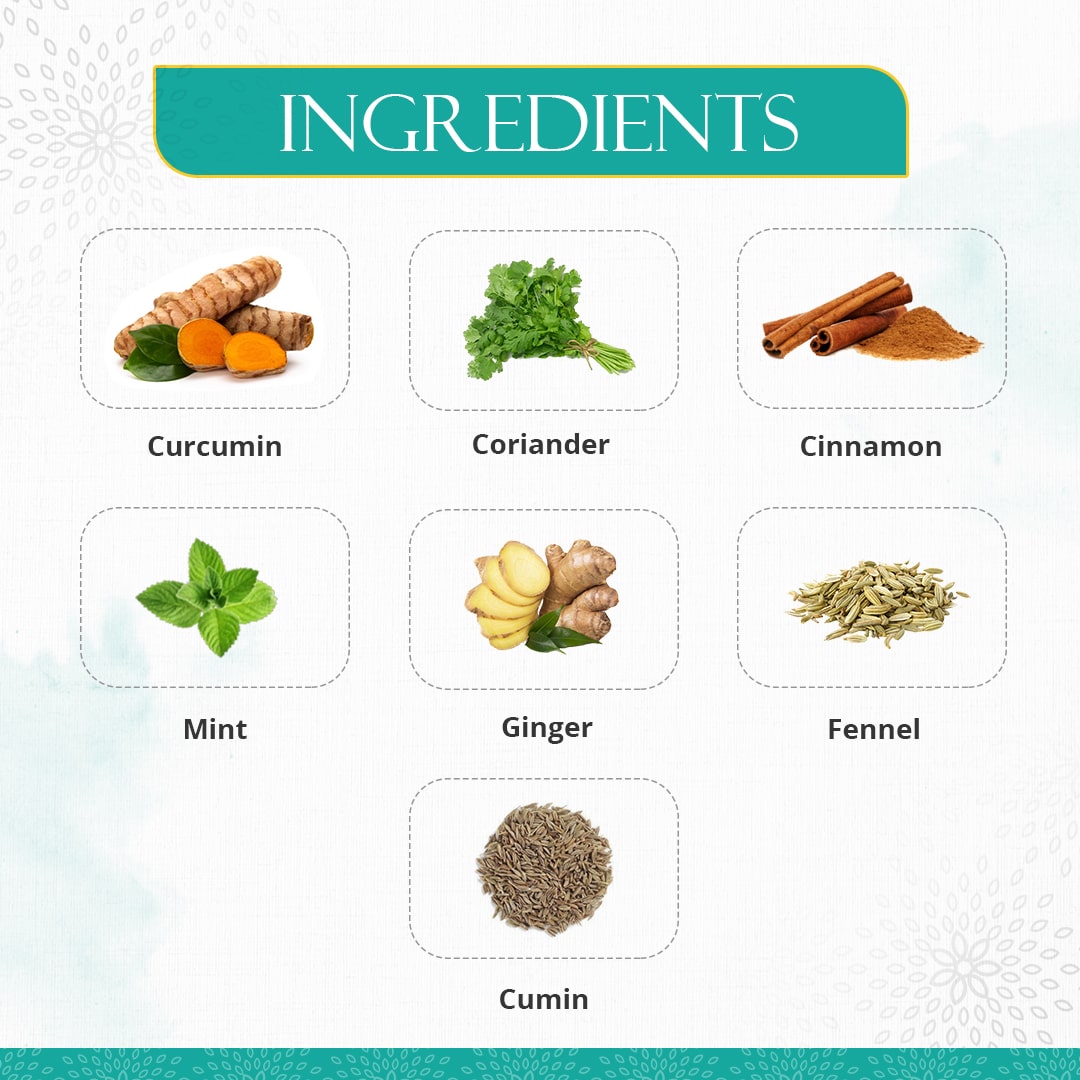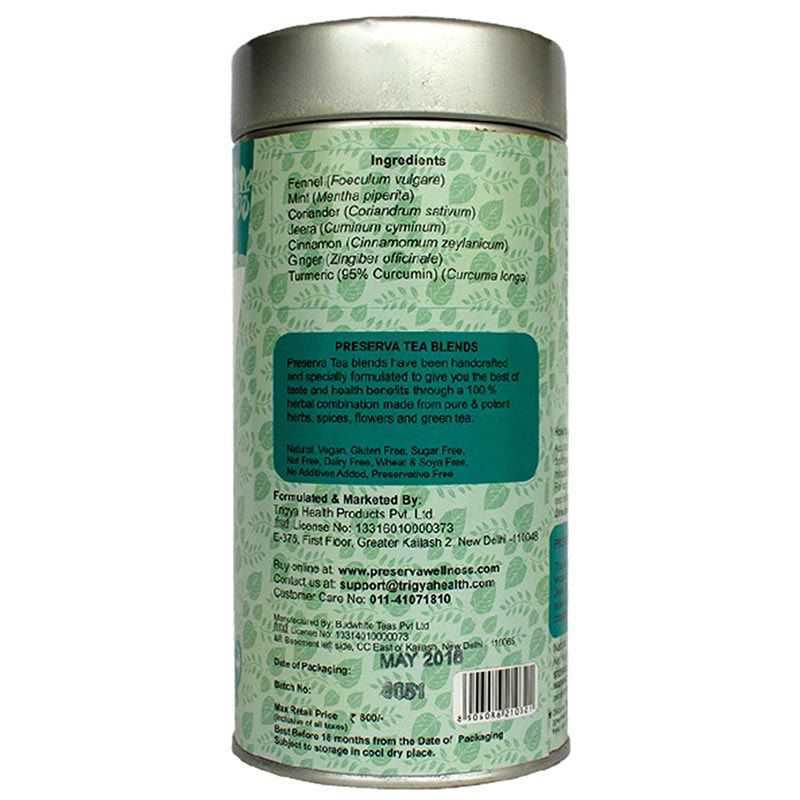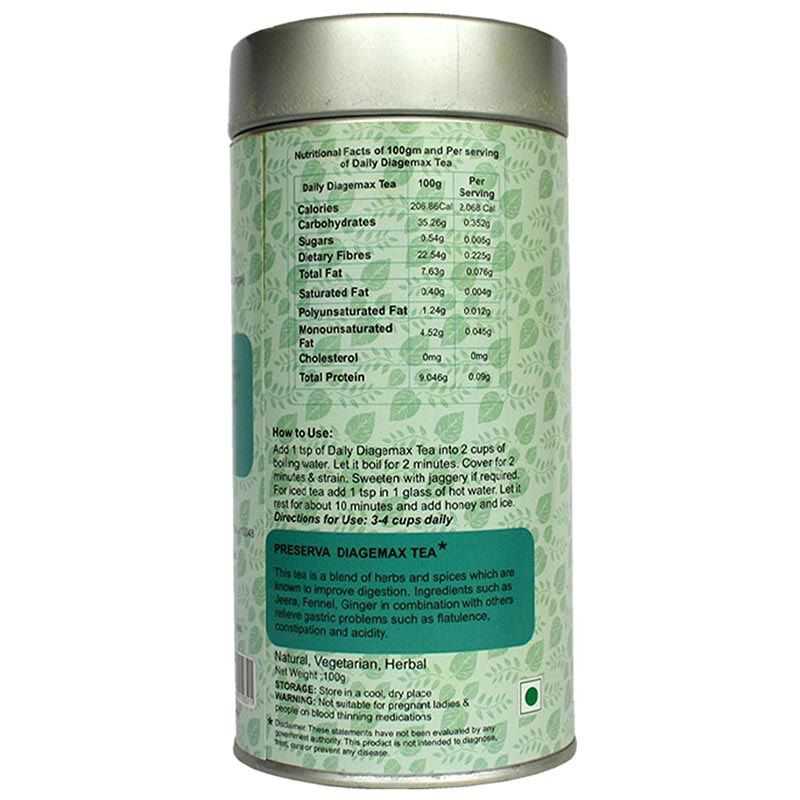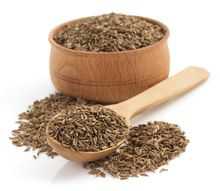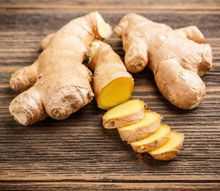leaf

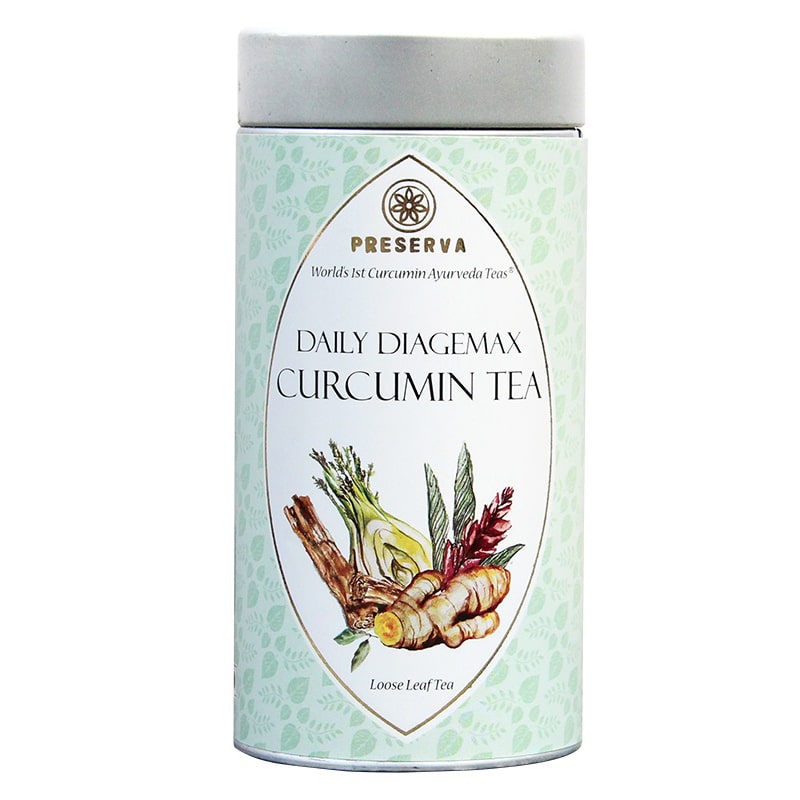
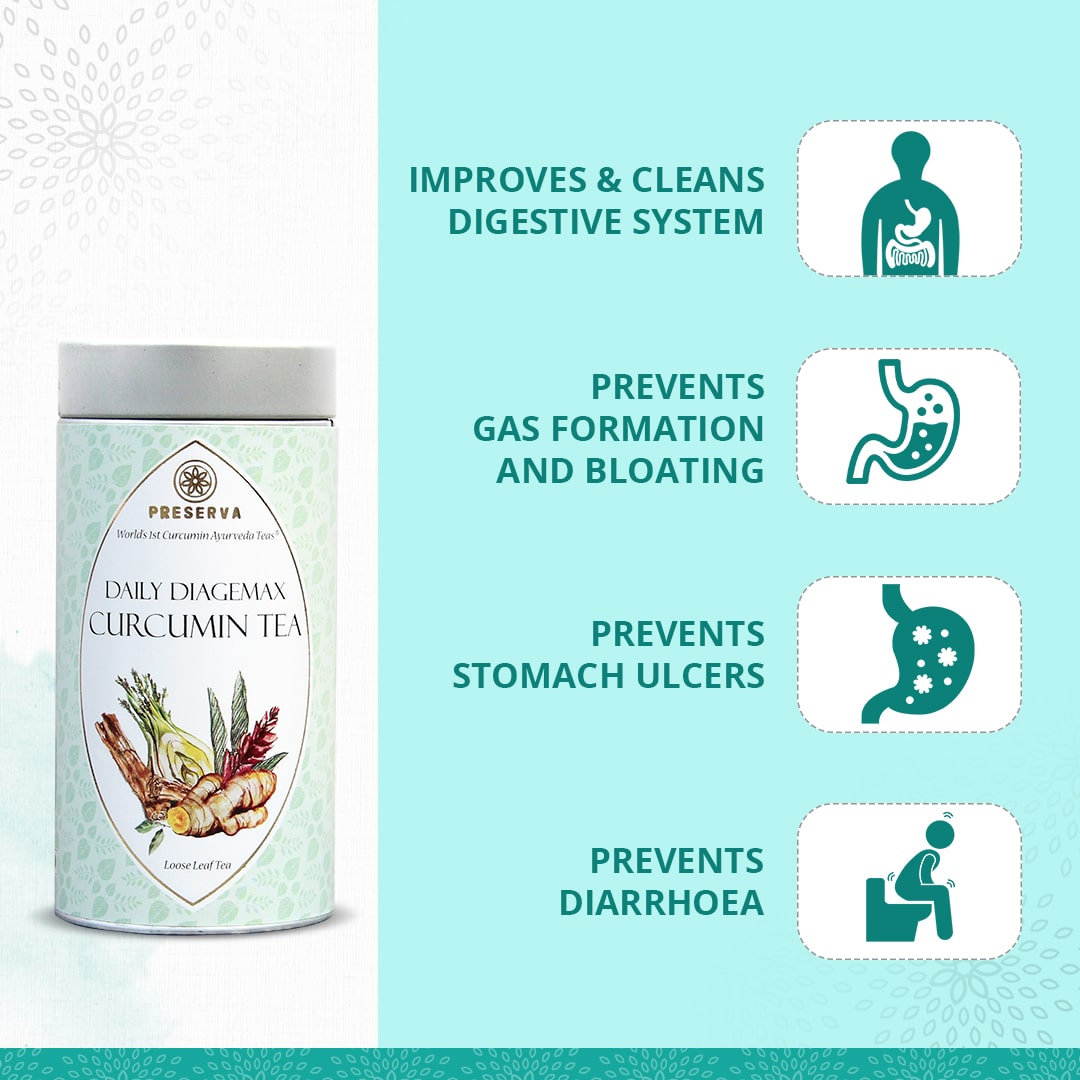
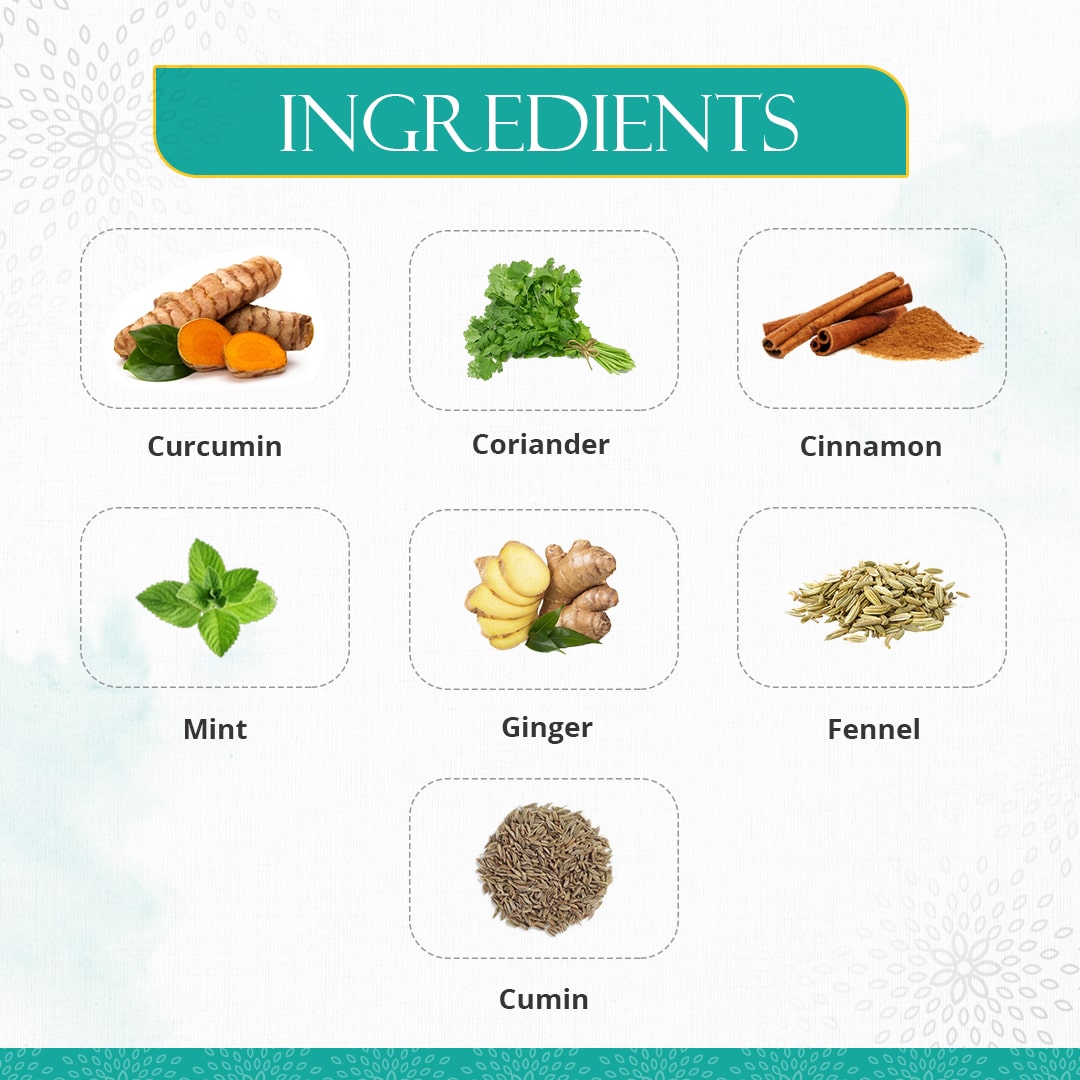
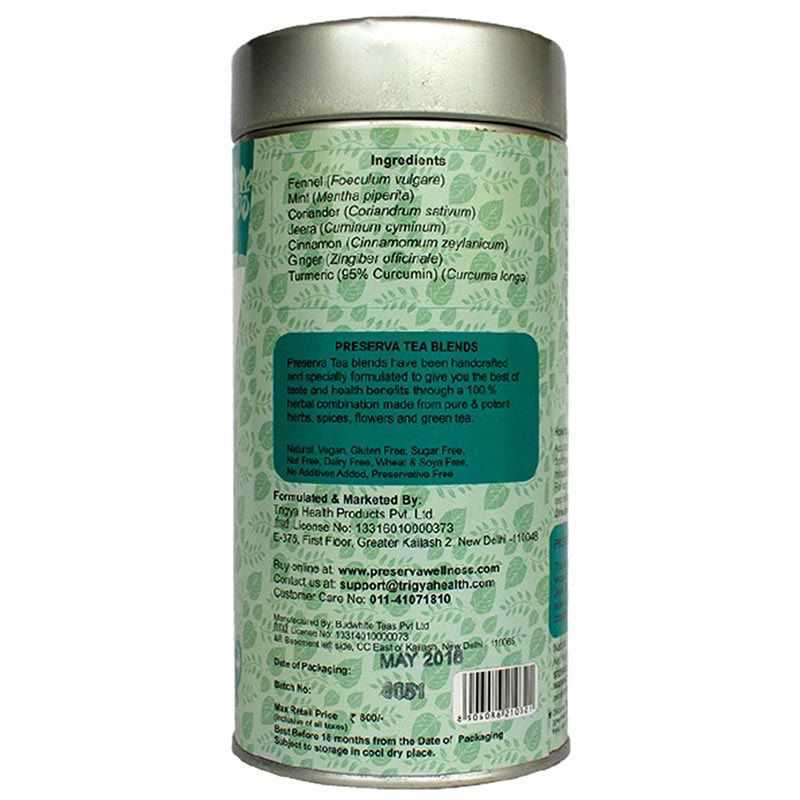
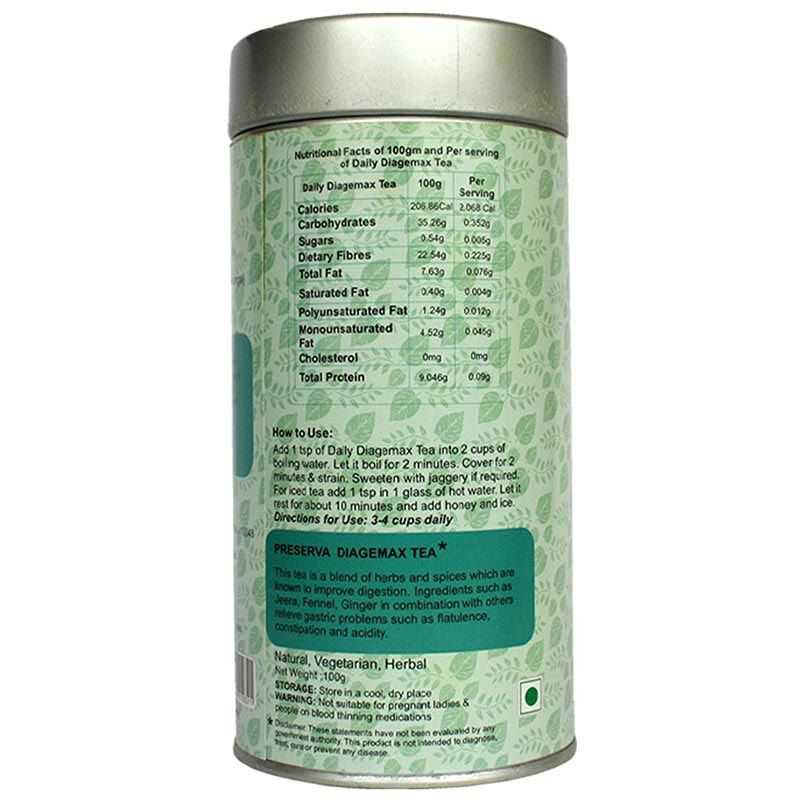
FAQ's
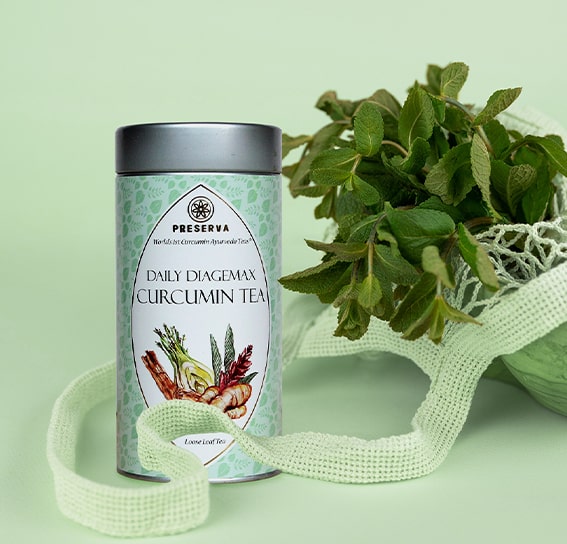
What are the key benefits of Daily Diagemax Tea?
null
How does Daily Diagemax Tea support digestion?
null
Why choose Daily Diagemax Tea over medication for stomach discomfort?
null
What is the dosage for Daily Diagemax Tea?
null
How do the ingredients of Daily Diagemax Tea help in gas, bloating and constipation relief?
null
What is the shelf life?
null
Daily Diagemax Tea is ideal for whom?
null
Can it be consumed with other medicines?
null

